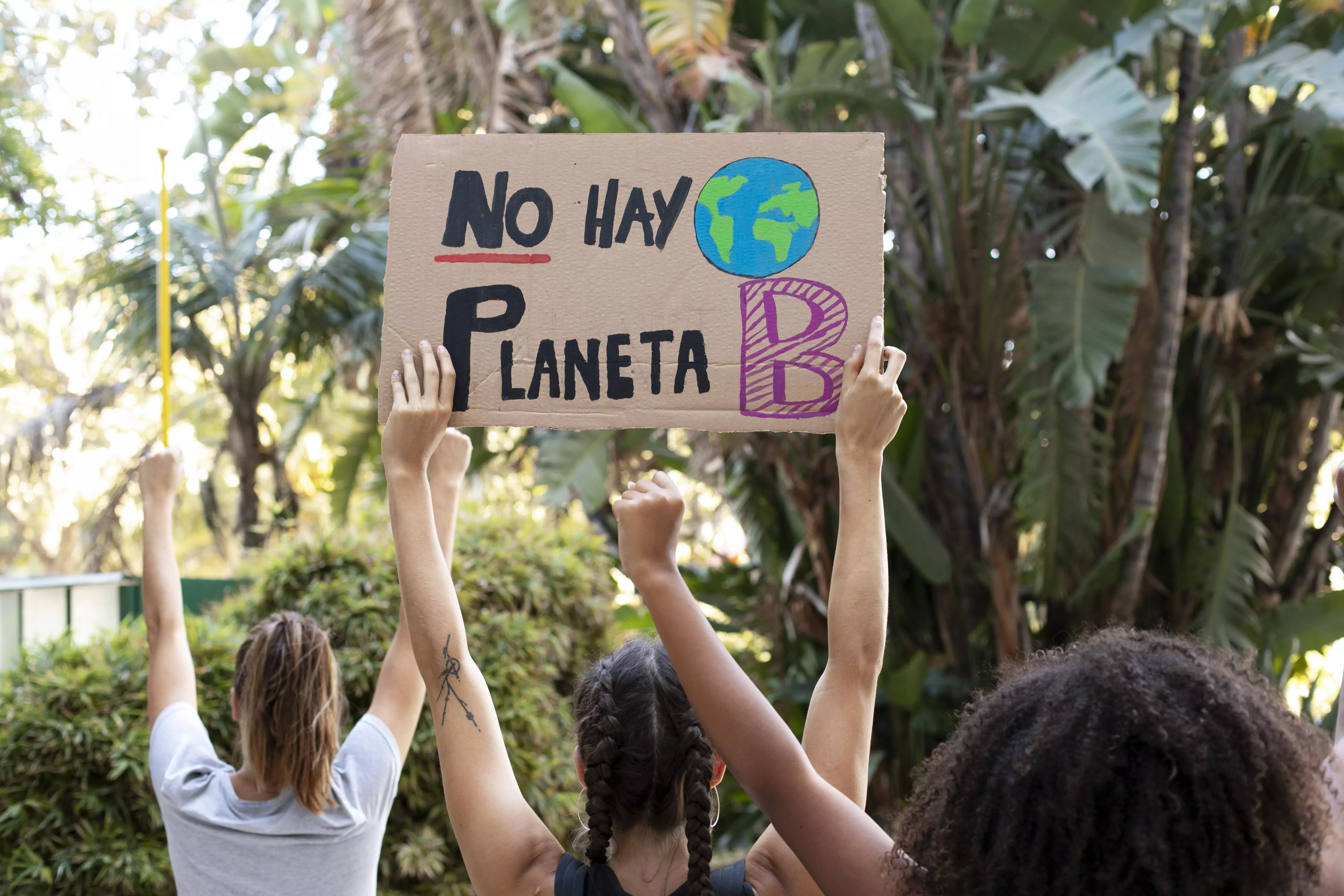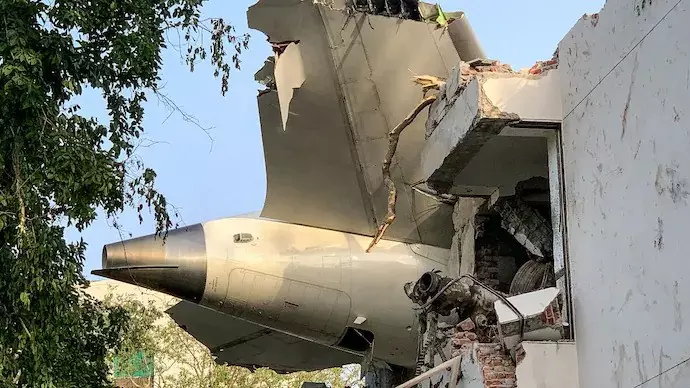
By the time anyone reads this, I’ll be on a walk down a cool tree-lined street in the Himalayan town of Dehradun. Because soon, if I do nothing, this street will no longer be either cool or tree-lined or indeed even a street. If the authorities have their way, all the trees — over 250 in a roughly two km stretch — will be cut to make way for a four-lane road. Why do we need a four-lane road on this tiny stretch?
This is a question which residents cannot really answer. A couple of years ago a few thousand trees were cut down on another road to broaden it. The upshot is a hot road — surface temperatures have risen by five to six degrees Celsius — and in addition, more parking spaces created, but no widening. The trees might have helped parked cars which now turn into ovens.
The general Indian development model appears to be — cut trees now, deal with consequences later. And what are the consequences? For Dehradun this year, unprecedented heat waves, and in two tranches. In April and after a break, again in May and June. As our tree cover has been reduced, the extremity of heat has increased. The new master plan allows for only one per cent green cover for the city. One per cent.
As the monsoon spreads across India, we are likely to forget what has just happened. Dehradun temperatures have dropped in a day from 42 plus to the mid- to low-30s at noon. The outlook is cloudy; a massive rainstorm has cleared the dust and soaked the ground. This is the danger zone for environmental activism — this is where we forget the heat, the deaths, the trauma and deal with rain. Or so we hope, anyway. There may be no rain.
Across North India, it is possible that heat wave human deaths this year are in the 100s. One person reported dead bats falling out of trees. Between extreme air pollution in winter and extreme heat in summer, large swathes of the North will become unliveable killing zones. And the effects of climate changes are not limited by local geography or immediate neighbourhoods. There is a cascading chain effect on people and places.
This is where we must tread carefully. Because here lie dragons. The triggers for centrists are if you mention “development” and “urbanisation”. Because, immediately, you are branded as being anti-progress, anti-India, anti-growth, and all the rest of that malarkey. Because the mention of climate impacting people’s lives is apparently equivalent to high treason. We must have more, more, more growth and “progress”. If you ask if we need more treeless roads, more traffic jams, more heat, more deaths, less forests, less green cover, all you will receive is a whole lot of angry gibberish.
It’s not even as if trying to protect greenery, both forest and urban, damages anything. This is not extreme activism like throwing orange cornflour on Stonehenge or chucking paint on famous art works as we have seen by some radical environmentalist groups around the world. They care a lot and they care little for criticism. Instead, they exploit the world’s ceaseless thirst for drama to make their point.
Even when the reality of environmental destruction is dire, people are often less interested in scientific evidence. For instance, will your eyes glaze over now? Research published by Ashish Mishra and Dhyan Singh Arya of IIT Roorkee, studied the increase in urban heat island effects in Dehradun and found that it corresponds to loss of green cover over a 20-year period (up to 2019). For instance, a 28 per cent increase in built-up areas led to a seven degree increase in summer temperatures. If that’s too much science, you can go back to the dead bats. Or anyone you know who may have complained about the heat, no water, air pollution. You cannot live in India today without knowing someone like that.
Visual data from Nasa shows that the Himalayan aquifer — a measure of groundwater in the subcontinent — has been shrinking by a foot a year for the decade from 2003 to 2013. That is a drastic fall and the consequences are clear for us to suffer. Scientists concluded that the shrinking was due to human consumption.
A new global survey on climate change by the United Nations, Oxford University and Geopoll, shows that 80 per cent of the people polled wanted governments to do more about climate change and global warming. Most were aware of the consequences, thought about it once a week and felt the effects impact their decisions of where to work, live and travel. Yet, experts feel that people are likely to do little about it themselves, because of the “perception gap”. Why should I do anything when others won’t?
And that, ladies and gentlemen, brings me back to the beginning. To the walk on Sunday, June 23, in a fast-growing city in the Himalayan foothills, on a nondescript road, to try and save 250 trees. Because it’s not really about these trees, although we would love for them to survive. It’s about everything around us. It’s about all the forests we’ve lost and all the people who’ve died. The mountains which have been damaged and the streams which have dried up. It’s about the cities which cannot breathe and the land which has lost its heart. It is all of these things. And it is taking a stand, for that’s the very least that we can do. Take two hours on a Sunday morning and show that there’s someone who cares.
Will governments listen? Will developers listen? Are they not all hand-in-glove? Is it not just about a little money here and a lot more money there? Maybe it is. But as long as we are silent, apathetic, why should I do something when no one else will, things will only get worse. Even the safety net of status quo has gone. All of us are in increasing danger, even the small number reaping some benefits, without caring that they are also in danger.
Please notice, I have not uplifted you with success stories. Sometimes, those make us more apathetic — look at how they managed to make things better so I won’t have to.
Because it’s not just me. It’s many of us. It’s all of us. Even you. Yes, you.






